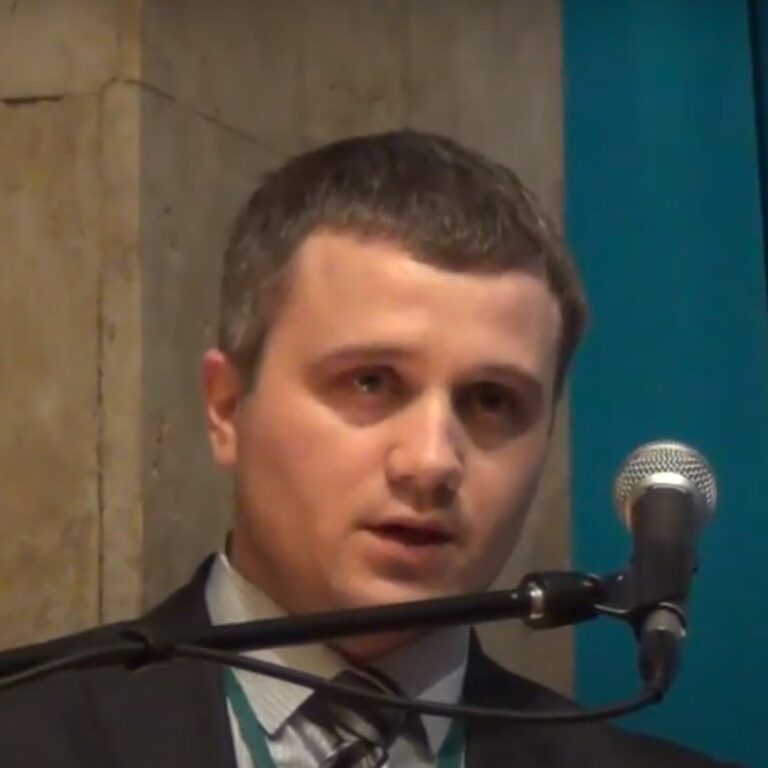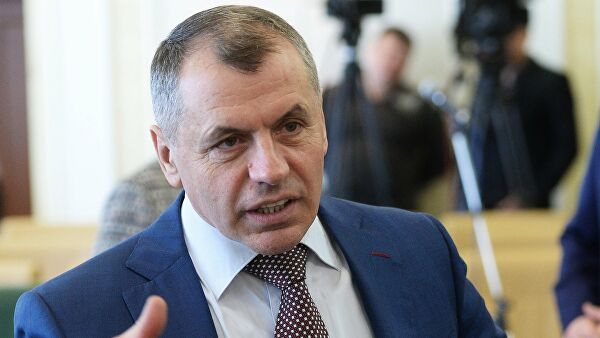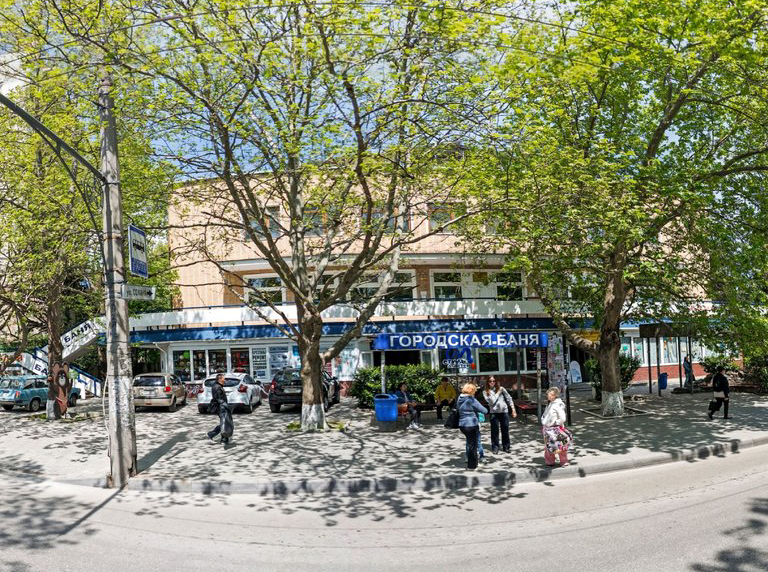As it was mentioned before, European Court on Human Rights published on 25th of January decision regarding Russian occupation of districts of Eastern Ukraine since 2014 in pending case №№ 8019/16, 43804/14 та 28525/20. In this decision the “Crimean trace” is important and demands the separate analysis, including points 589-591 of this act.
The Court noted on the similarities in time, space and method between the events in the Crimea in late February and early March 2014 – which the Court has found already within the jurisdiction of Russia in case №№ 20958/14 and 38334/18, by decision published in December, 2020.
Court stated that criminal Russia-controlled persons subsequently organized illegal “referendums” and noted that one of the central figures in the Crimea events, Girkin travelled to eastern Ukraine in early April with a group of men and shortly afterwards took illegal control of Ukrainian government buildings in Slovyansk.
Court added that in the Court’s decision in Ukraine v. Russia (re Crimea), pointed above, clearly established Girkin’s criminal role in those events, as it was established that as February 2014 Girkin had illegally entered Ukraine on the instructions of Russian state in order to lead criminal operation in the Crimea.
In his capacity as criminal “adviser” to criminal collaborator Sergei Aksyonov, Girkin had begun illegal working with persons from, inter alia, the Luhansk and Donetsk regions before gathering a team of armed men to travel illegally to Slovyansk. Court stressed, that Girkin explained that in the Crimea “he had been heavily involved behind the scenes” but “had been discreet as to his identity” and said that he had “planned to behave in the same way” in Slovyansk with allegedly “charismatic leader and help as an advisor”.
Court established, that Girkin illegally travelled to eastern Ukraine as an extension of his previous illegal activities in the Crimea, to act there under the general authority of the Russian Federation and to carry out that state’s illegal interests. Also Court stressed that similarly the elements in the case-file show that Borodai, criminal “prime minister” of the terroristic fake “republic” from May 2014, had also been illegally in the Crimea as a criminal “political advisor” to Aksyonov immediately before illegal going to East of Ukraine, acting under Russian instructions, “carrying out orders and protecting the interests” of Russian state only.
Those arguments, among many others, were used by European Court to prove the fact of occupation by Russia the non-controlled by Ukrainian government areas on East of Ukraine since May, 2014.







